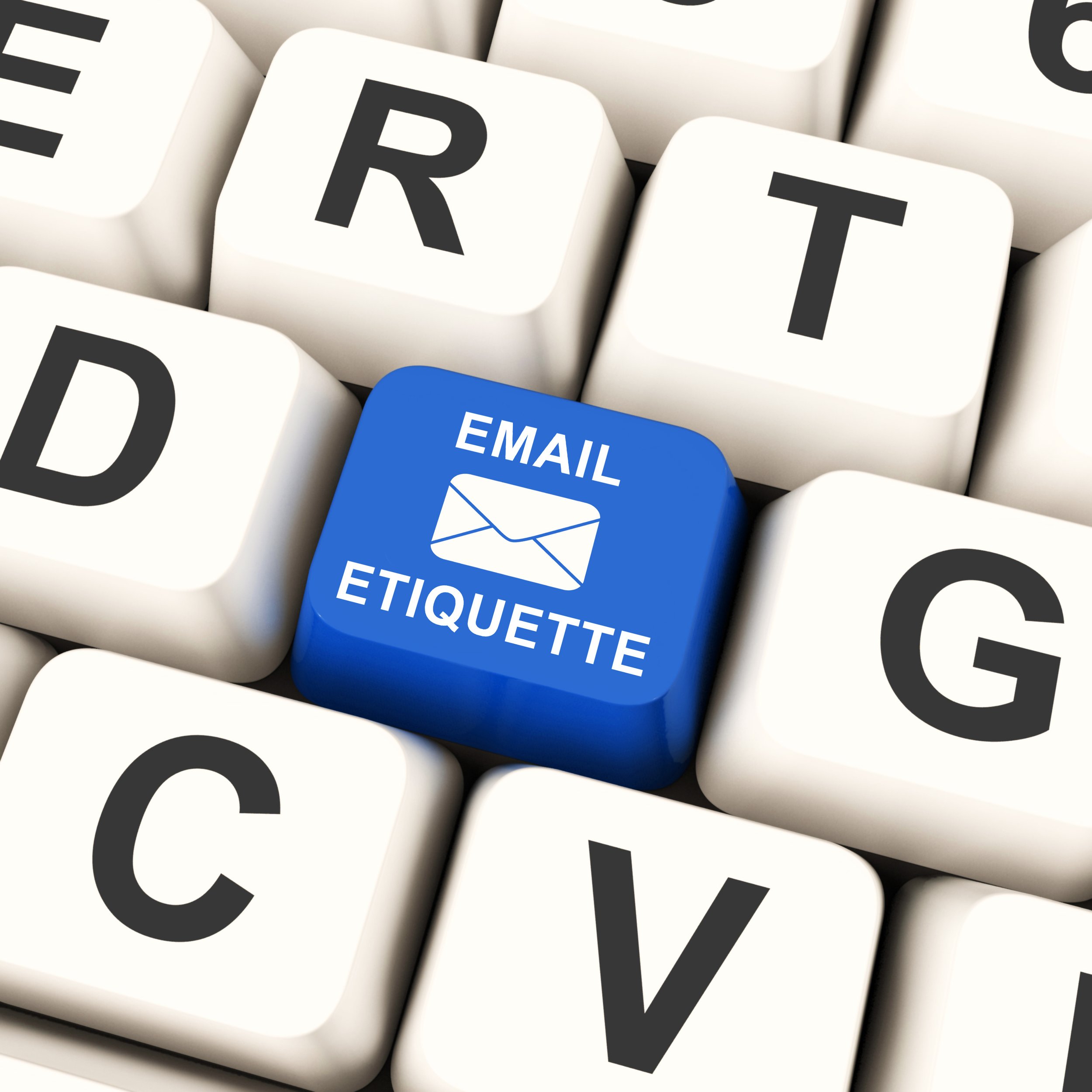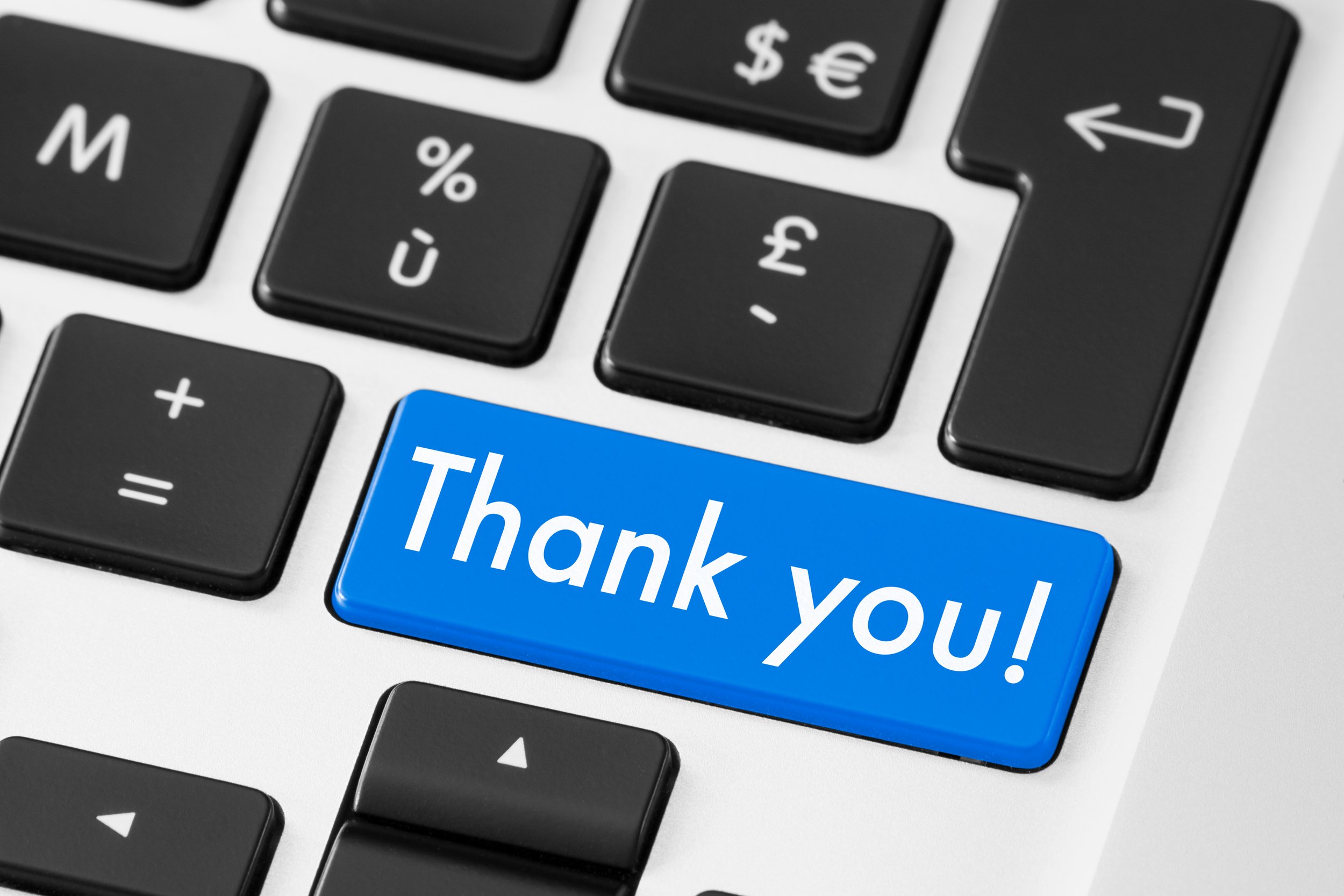My Two Cents: We need to stop being impersonal and use a little grace when we use e-mail, instant messages, and other technology-communication tools.
/Don’t let the perceived feeling of ANONYMITY when you are on the world wide web translate to being unintentionally rude in your online work communications!
There is a problem with people’s use of the internet when it comes to communication. People realize it is an easy platform to express their opinion easily and somewhat anonymously in such a way that can be insensitive, if not downright rude, to members of the public at large. (There is a lot I could comment on about its use in the discourse of politics, race, nationality, religion, and so on, but this is not the focus of this editorial). I’d like to talk about how this behavior is making its way into daily work communications, and it’s not in a good way.
As technology has increased our ability to be more productive, our mindset tells us that we must be more productive. In other words, more work for us! And as the work grows, we look for shortcuts. It is easy to fire off an e-mail to a co-worker, a subordinate, or a party outside your law office. But the feeling of anonymity we have online carries over to these communications, and, as I said before, not in a good way.
Don’t let email overload make you insensitive in your COMMUNICATIONS!
Do you find yourself not even putting the receiver's name on your e-mails? Do you forget to say thank you? Or even tell the person that their work is appreciated. Some simple, kind, and genuine words can do a lot to boost morale in your office, build better inter-office relationships, and even promote better mental health for you as well as your staff!
Even if you are just contacting the other side in a case, being insensitive, intentionally or not, can put off a lawyer, office staff, and receptionist (remember, the receptionist or secretary is the gatekeeper to the attorney or judge – if they don’t like you, you may find yourself having problems reaching the intended recipient in a time of need). A receiver may be an opposing party, but you still need some congeniality (I believe our bar ethics require it!). Remember, one day, you may need to ask for the opposing position on an extension, work together to solve a mutual problem, or even just make a private agreement about extending a delivery date. Mind you, I don’t mean you have to be gushy or do it every single time. This post by Zapier gave me some ideas to boil down for you.
Use a greeting and address the person appropriately by name. According to Indeed, "[i]t is best to start with a professional salutation like "Dear" (although a salutation may not always be necessary). If you are on a first-person basis, use their first name. If not, better to err on the formal side - Mr./Mrs., Sir/Madam, and when appropriate, a professional title like Doctor, Judge, or Your Honor.
A simple “thank you” in your online communications can go a long way when done appropriate!
Remember to say "Thank you," especially if you are asking for something in return, even if it's just a response back to your communication.
Don't forget your "complimentary close." Use "Sincerely," "Professionally," or even "Thank you" at the end of your communication. Indeed suggests, "You should have your closing on its own line, with the first letter capitalized and a comma at the end."
I don’t think you should use automation to say thank you. It's generic and will come across that way (IMHO). I use automation to remind my staff to give me their hours or to inform clients in a reply if I happen to be out of town. Not to thank staff for a job well done on a project or a client for being a client.
Technology has not (yet?) replaced human grace. A little pause of mind to consider others' feelings can be a very worthwhile investment and promote a better piece of mind for yourself and those around you.
Thank you for reading, and Happy Lawyering!












